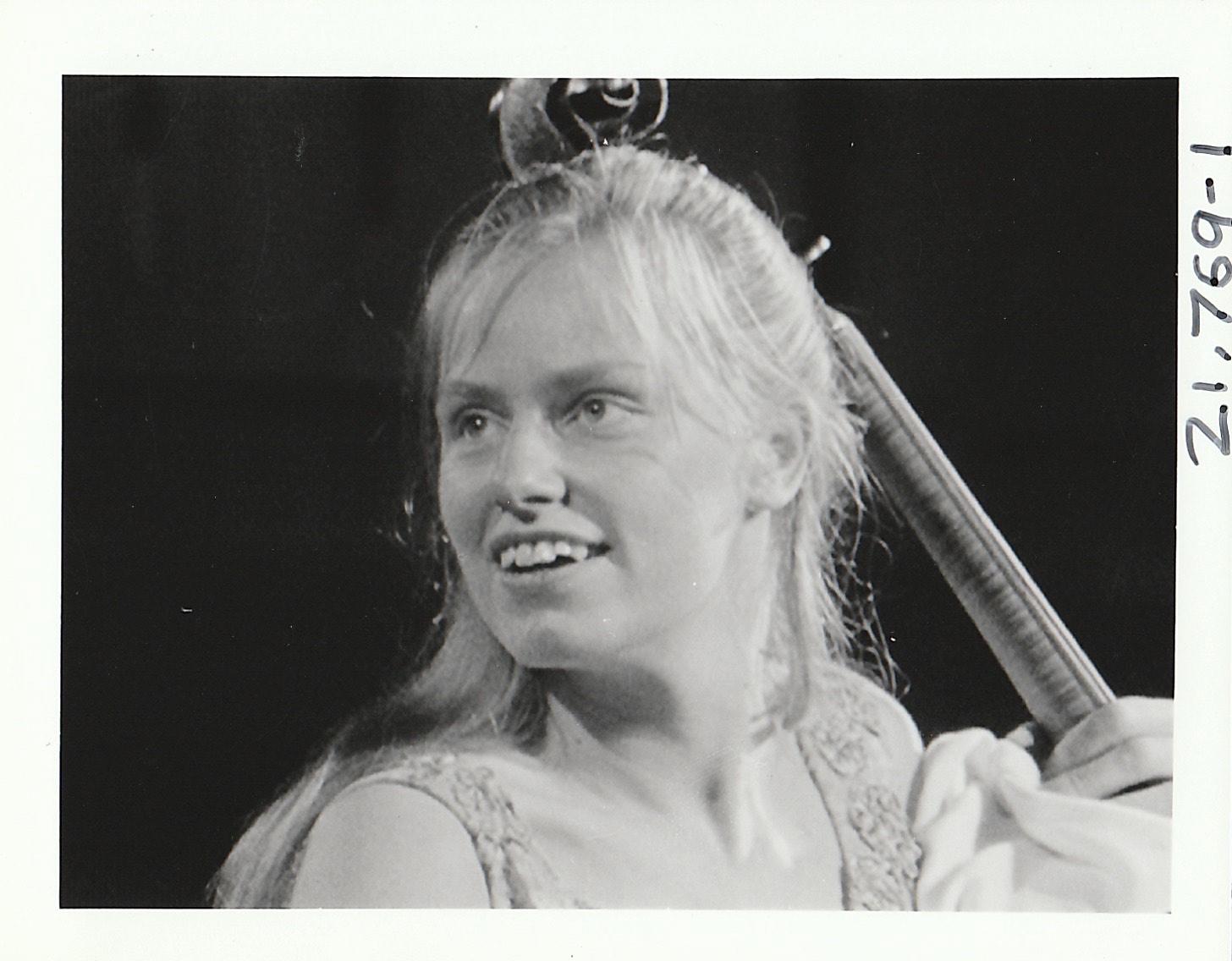Few know du Pré’s legacy as intimately as Paul Rah, a Korean-New Zealand cellist, writer, and former artist manager based in Munich, Germany. For over 30 years, he has been deeply engaged in studying and preserving her artistry, curating a unique collection of archival materials and working closely with those who knew her best. His expertise has led him to collaborate with institutions such as Warner Classics, The Strad, medici.tv, and Allegro Films, where he recently served as Archive Research Consultant for the documentary Jacqueline du Pré: Genius & Tragedy, created to honor this milestone anniversary.
In this article, Paul Rah shares his coups de cœur—his personal highlights from medici.tv’s extensive collection of Jacqueline du Pré’s performances and films. Through these selections, we revisit the magic of her playing and the impact of her groundbreaking presence on screen, ensuring that her artistry continues to enchant and move audiences today.


